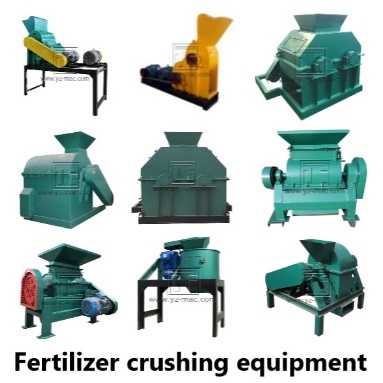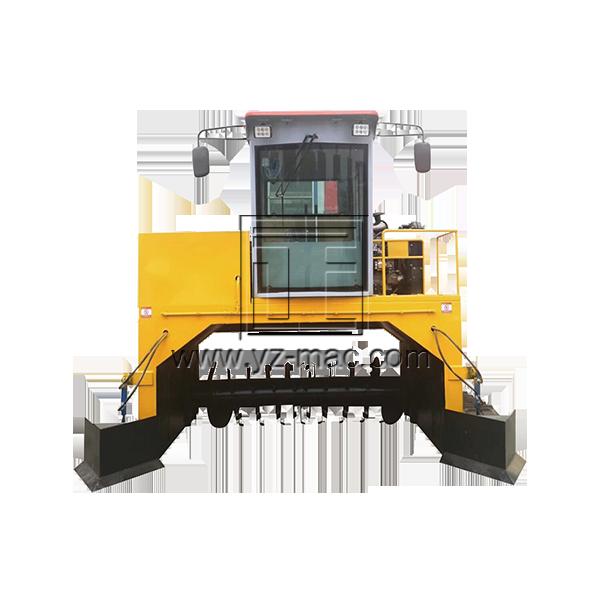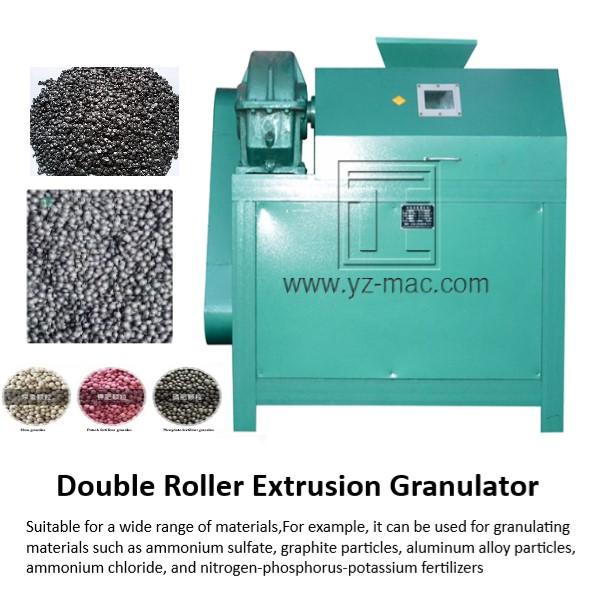Mechanical composting
Mechanical composting is an efficient and systematic approach to managing organic waste by utilizing specialized equipment and machinery.
Process of Mechanical Composting:
Waste Collection and Sorting: Organic waste materials are collected from various sources, such as households, businesses, or agricultural operations. The waste is then sorted to remove any non-compostable or hazardous materials, ensuring a clean and suitable feedstock for the composting process.
Shredding and Mixing: The collected organic waste is processed through a shredder or chipper to break it down into smaller fragments. This shredding step increases the surface area of the materials, facilitating faster decomposition. The shredded waste is then thoroughly mixed to ensure uniformity and homogeneity in the composting mixture.
Composting System: Mechanical composting systems consist of large composting vessels or drums equipped with mechanisms to control temperature, moisture, and airflow. These systems often utilize automated or semi-automated processes to maintain optimal composting conditions. Sensors, probes, and control systems monitor and adjust key parameters to promote microbial activity and decomposition.
Turnings and Aeration: Regular turning or mixing of the composting materials is essential to enhance oxygen supply and facilitate the breakdown of organic matter. Mechanical composting systems may employ automated turning mechanisms or agitators to ensure thorough aeration and proper distribution of heat and moisture within the composting mass.
Maturation and Curing: Once the composting process reaches its desired stage, the compost undergoes a maturation and curing period. This allows for further stabilization of the organic matter and development of desirable compost properties, such as improved nutrient content and reduced pathogen levels.
Benefits of Mechanical Composting:
Increased Efficiency: Mechanical composting systems can handle large volumes of organic waste, allowing for efficient processing and diversion from landfills. The controlled conditions and automated processes ensure consistent composting results, reducing the reliance on manual labor and time-intensive operations.
Accelerated Decomposition: The combination of shredding, mixing, and controlled composting conditions accelerates the decomposition process. Mechanical composting significantly reduces the time required for organic waste to transform into nutrient-rich compost compared to traditional methods.
Enhanced Odor and Pest Control: Mechanical composting systems effectively manage odors and discourage pest infestations. The controlled environment and proper aeration help minimize unpleasant odors associated with decomposing organic matter, making mechanical composting more neighbor-friendly.
Nutrient-Rich Compost: Mechanical composting processes produce high-quality compost with improved nutrient content and balanced composition. The controlled conditions and thorough mixing ensure proper breakdown of organic matter, resulting in a nutrient-rich end product that can be used to enrich soil and support plant growth.
Applications of Mechanical Composting:
Municipal Waste Management: Mechanical composting systems are commonly used in municipal waste management programs to process organic waste from households, restaurants, and commercial establishments. The compost produced can be used for landscaping, soil amendment, or public green spaces.
Agricultural Operations: Mechanical composting is employed in agricultural operations to manage crop residues, livestock manure, and other farm waste. The compost produced serves as a valuable organic fertilizer that replenishes soil nutrients, improves soil structure, and promotes sustainable farming practices.
Industrial and Commercial Facilities: Many industrial and commercial facilities generate significant amounts of organic waste. Mechanical composting provides an efficient and environmentally friendly solution for managing this waste, reducing disposal costs, and supporting corporate sustainability initiatives.
Community Composting: Mechanical composting systems can be scaled down to smaller community composting initiatives, allowing neighborhoods, schools, or community gardens to divert organic waste and produce compost locally. This promotes community engagement, education, and environmental awareness.
Conclusion:
Mechanical composting offers a systematic and efficient approach to managing organic waste, resulting in nutrient-rich compost for various applications.







